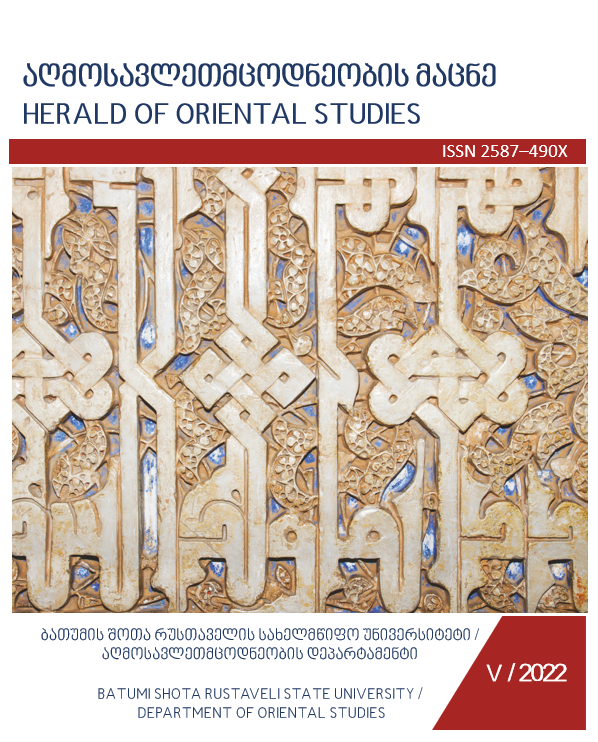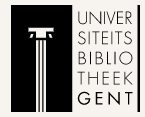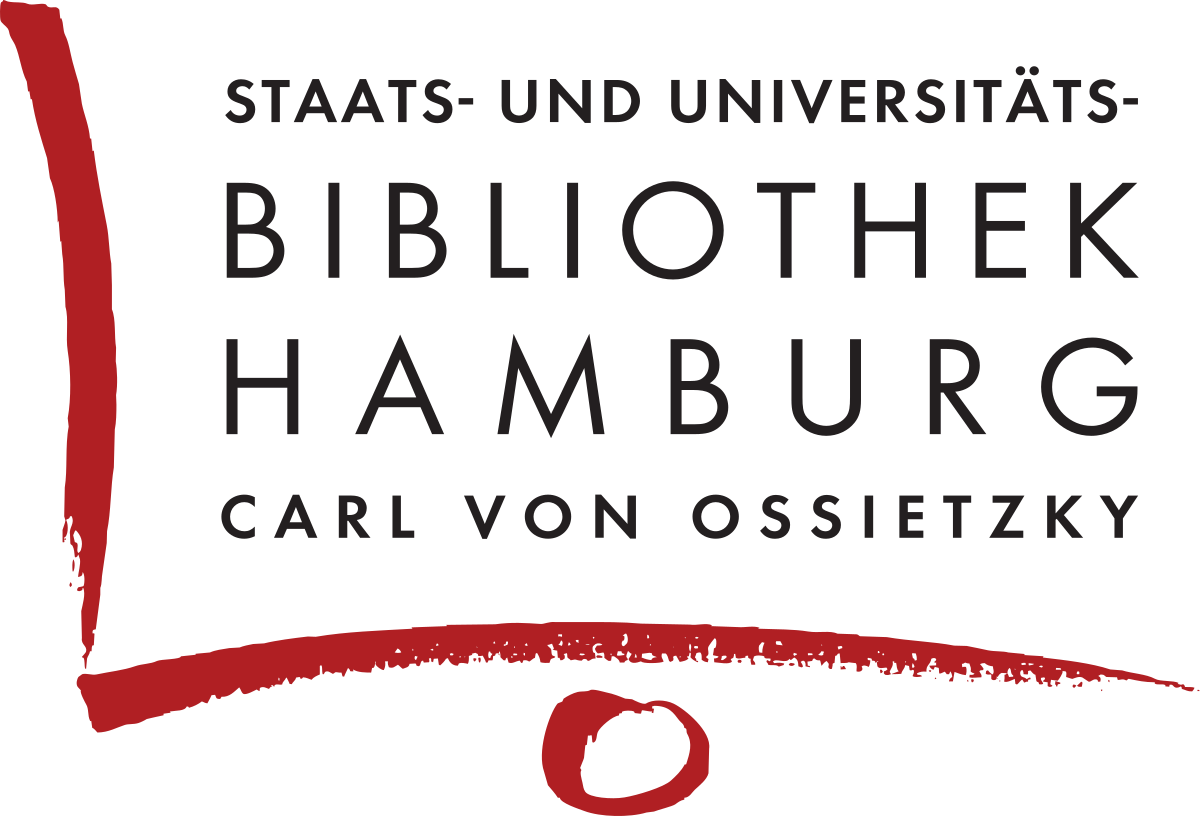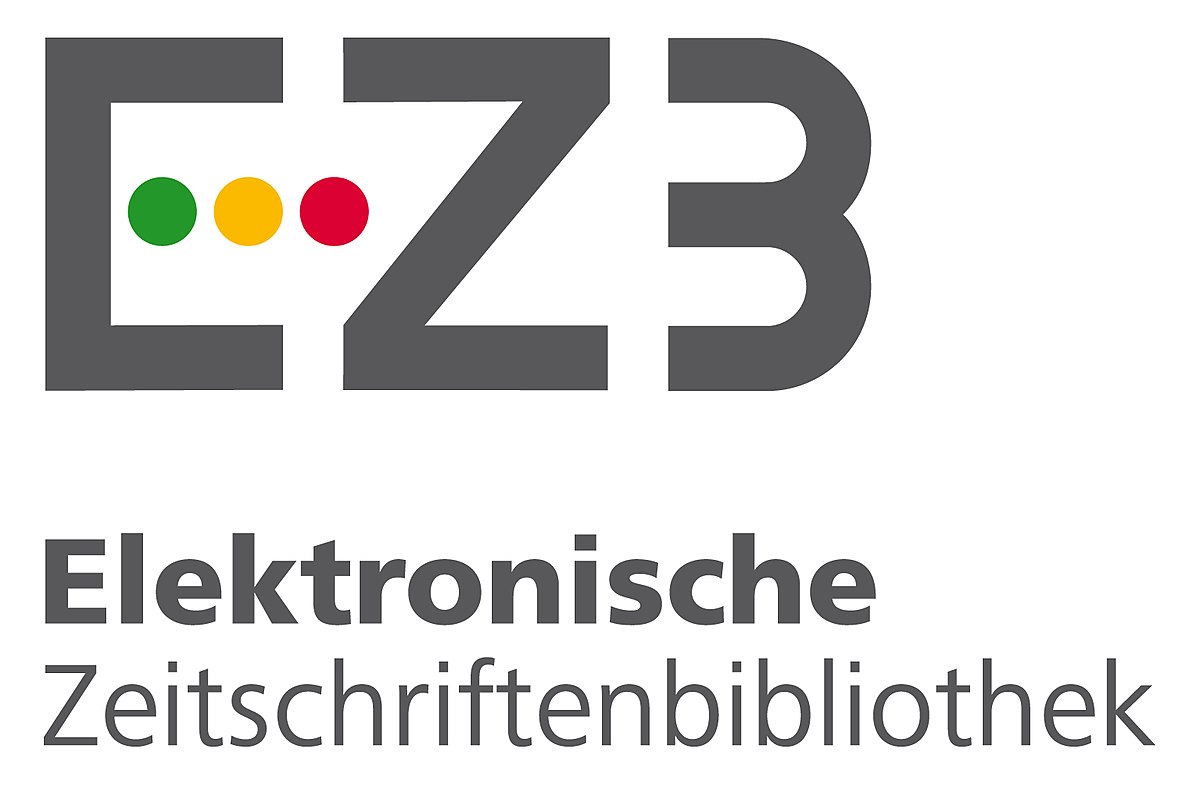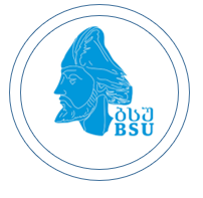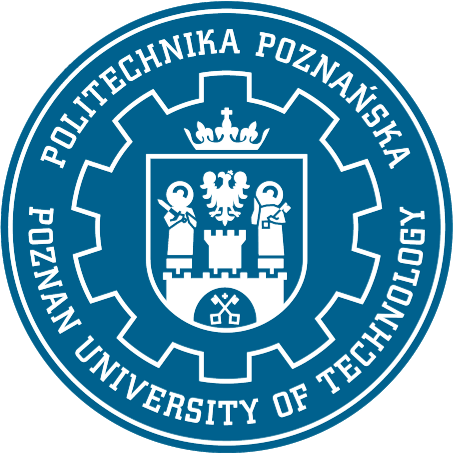Byron's religious and philosophical problematics
DOI:
https://doi.org/10.61671/hos.5.2022.5945Keywords:
Romanticism, Byron, Religious, Philosophical, ByronismAbstract
It is well known in literature that the spiritual growth of romantic literature was a Christian viewpoint. Due to the fact that Byron frequently referred to Biblical themes, the religious issue became one of the major issues in his work.
In general, the use of these topics in world art or literature is one of the major issues of modern literary criticism. This can also be proven by the fact that in recent times there has been an increased interest in the spiritual foundations of European culture. Byron's work in England and America, both religious and philosophical aspects of Byron became the subject of study, especially after the 20th century. This topic is an attempt to briefly discuss this big issue. Also, some parallels with Georgian romance will be interesting.
Researchers interested in Byron's work concluded that the poet's views on religion were not systematic, he leaned towards Calvinism and was raised on a Deist viewpoint. Yet he never stopped associating himself with scepticism and rationalism, yet, at the same time, he denied Volterian dry rationalism. A major factor that influenced the poet's unambiguous and difficult development of religious-philosophical views was Byron's high intellectualism and his activity in that regard. Also, the natural sciences, their achievements, and the rationalist spirit of that era played a big role.
Byron has always tried to believe that the world is in order and, so to speak, kind. And then, with all his emotion and anger, he was looking for answers to the questions that were raised.
Byron believed throughout his life in the necessity of faith in Adam, which helped him to realize the moral fullness and the underlying power of the universe. He was not an orthodox Christian. Out of intellectual integrity and curiosity of the mind the poet was forced to turn to various religious-philosophical and ethical doctrines which could not provide satisfactory answers to the ontological questions he had. To solve the problem artistically, the poet creates a universal model for the essence of being and human interaction.
Comparison with Georgian romantics also gives an interesting picture in the work.
Downloads
Downloads
Published
How to Cite
Issue
Section
License

This work is licensed under a Creative Commons Attribution-ShareAlike 4.0 International License.

